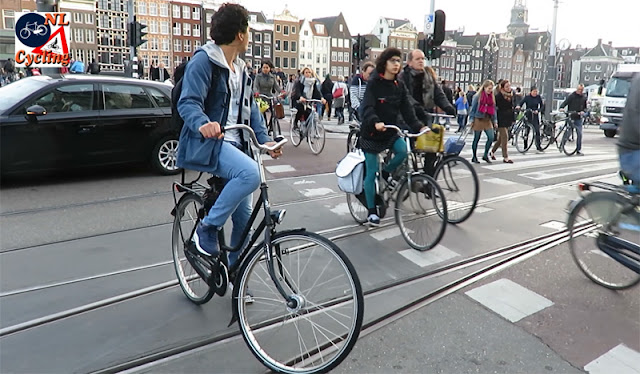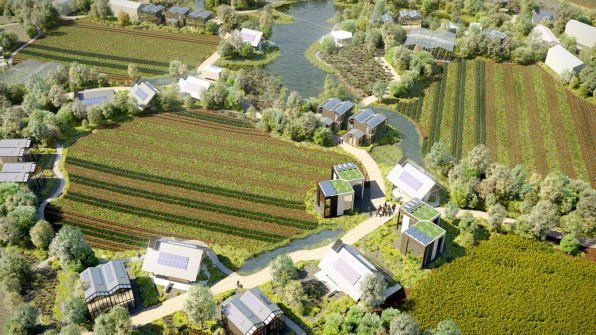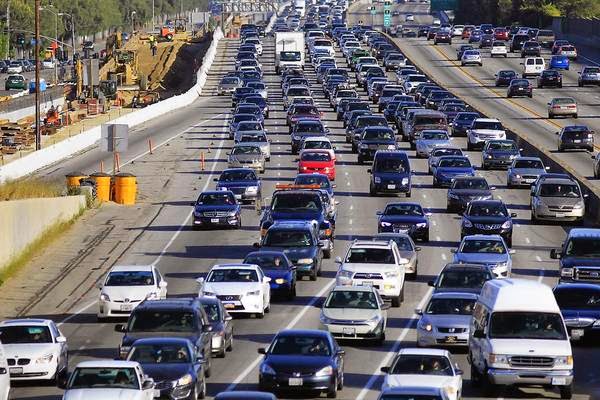Cycling And Walking Could Solve America's Public-Health Crisis

A tub-thumper of a report from the League of American Bicyclists lays it on the line: more cycling – and walking – would radically improve health in America, as well as reduce traffic congestion. However, the 409-page Benchmarking Report shows with stats and graphics the increasing number of bicyclists and pedestrians being killed annually on America’s roads. The report claims a lack of leadership by federal and state leaders on road safety has failed to make improvements in bicyclist and pedestrian safety. “The way we’re investing in infrastructure isn’t working,” said League policy director Ken McLeod, lead author of the report. “There is a crisis in traffic safety and we have the tools to reduce the number of bicyclists and pedestrians killed on our roads every year.” McLeod added: “We need leaders at the national and state levels to take action: adopt Complete Streets policies, draft and implement bike and pedestrian master plans, and build protected infrastructure.” “While th...






